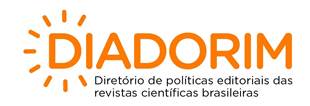Health related quality of life in children with migraine. A controlled study
Views: 475DOI:
https://doi.org/10.48208/HeadacheMed.2013.10Keywords:
Migraine, Migraine at childhood, Quality of life, Short form 36, Brazilian SF-36Abstract
Background: Headaches are prevalent in the pediatric population. Migraine significantly impacts the health-related quality of life (HRQoL) of sufferers. Objective: To measure the impact of migraine on the HRQoL of children, by applying the Brazilian version of the SF-36 in children with migraine and in controls. Methods: In this cross-sectional study, HRQoL was measured with the SF-36, and scores for the 8 domains of the test were contrasted comparing children (5 to 14 years) with and without migraine. Results: Sample consisted of 66 children (30 with migraine and 36 controls). Mean age was 10.9 years for migraine (Standard Deviation - SD = 3 years) and 10.4 for controls (SD = 3.1 years). Proportion of children with low HRQoL scores was significantly higher in the migraine group, relative to controls, for the 8 domains of the test: vitality, physical functioning, bodily pain, general health perceptions, physical role functioning, emotional role functioning, social role functioning, and mental health. Conclusion: Children with migraine are significantly impacted in their HRQoL, relative to children without migraine.
Downloads
Published
How to Cite
Issue
Section
License
Copyright (c) 2013 Headache Medicine

This work is licensed under a Creative Commons Attribution 4.0 International License.












